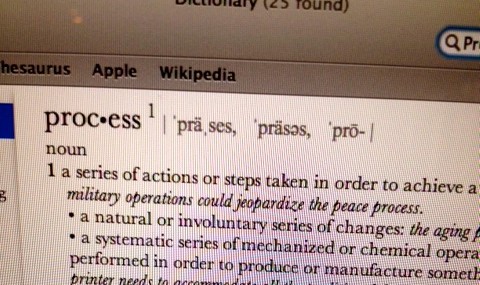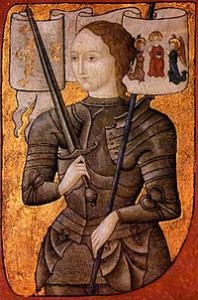 Franklin D. Roosevelt is remembered for saying, “The only thing we have to fear is fear itself. ” By 1933, the Great Depression was severe, and skepticism ran high. One historian said FDR’s famous saying was in a sense ridiculous, because there were many things to fear—no food on the table, no job in the morning, a country flailing in uncertainty. On the other hand, he noted, the words served to suspend disbelief in a way that brought hope. FDR’s fatherly optimism touched the raw wounds of an entire country and soon brought about a turning point.[i]
Franklin D. Roosevelt is remembered for saying, “The only thing we have to fear is fear itself. ” By 1933, the Great Depression was severe, and skepticism ran high. One historian said FDR’s famous saying was in a sense ridiculous, because there were many things to fear—no food on the table, no job in the morning, a country flailing in uncertainty. On the other hand, he noted, the words served to suspend disbelief in a way that brought hope. FDR’s fatherly optimism touched the raw wounds of an entire country and soon brought about a turning point.[i]
A few words, a single thought, ultimately became life changing.
Imagine God in FDR’s place, touching your raw wounds and bringing hope with a few words. Is it hard to go there?
 We live in a cynical culture. Distrust is a hardened mindset. We doubt the sincerity of politicians, the character of priests, and the motives of corporations. Skepticism touches almost every aspect of life, including spiritual matters.
We live in a cynical culture. Distrust is a hardened mindset. We doubt the sincerity of politicians, the character of priests, and the motives of corporations. Skepticism touches almost every aspect of life, including spiritual matters.
People not only have misgivings about the church, they wonder if God is just an invention of our imaginations.
Even the faithful are unsure about encountering God in any real kind of way. It might feel presumptuous. Some may have difficulties trusting a God who allows suffering. Others believe God is there, but they’ve never experienced His presence. That kind of thing is reserved for special people. It couldn’t possibly be for ordinary Christians.
What would it take to suspend your disbelief?
Throughout church history many people experienced points of contact with God. Some came from ordinary lives, while others had special callings.
John—the one who rested his head on Jesus’ chest—saw great visions of heaven and recorded them in the book of Revelations.
Thomas Aquinas, an intellectual giant of Christendom, wrote 25 volumes averaging 650 pages each on matters of faith and theology. Yet in 1273, near the end of his life, he was so moved during a mass that he never wrote again. He said, “Everything I have written seems like straw in comparison with what I have seen and what has been revealed to me.”[ii]
Brother Lawrence, a Carmelite monk in the 17th century wrote about abiding in the presence of God as he washed dishes. He said, “(My) habitual, silent, and secret conversation of the soul with God, often causes me joys and raptures inwardly, and sometimes also outwardly, so great that I am forced to use means to moderate them and prevent their appearance to others.”[iii]
Joan of Arc…Continue reading

















